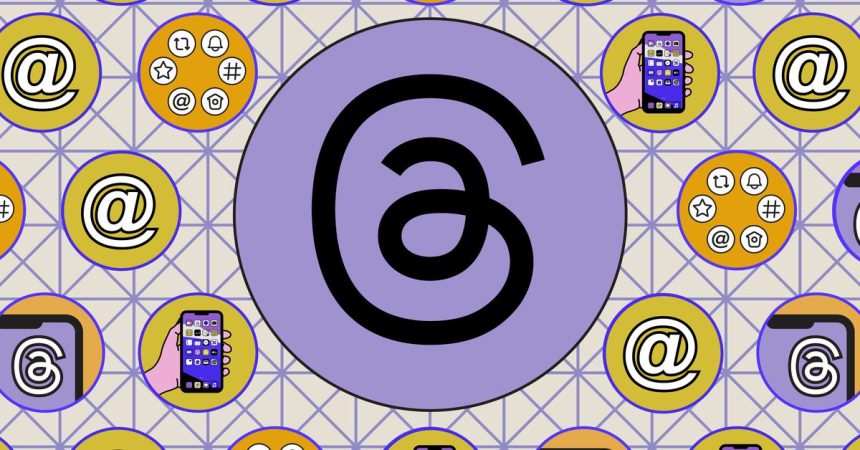Threads, Meta’s newest social media platform and a direct competitor to Twitter (now X), has recently introduced a repost feature that allows users to share others’ posts on their own feeds. This functionality, while seemingly simple, has sparked some controversy and confusion among users, particularly regarding attribution and linking back to the original content creator. Initial reactions ranged from cautious optimism to outright frustration, with some users expressing concern about insufficient credit being given to the original posters. The core issue revolved around the visibility and functionality of the link back to the original post, a crucial aspect of content attribution and avoiding potential misrepresentation or plagiarism.
The repost feature, as initially implemented, presented shared images or videos with a small watermark-like credit displaying the original poster’s name in the upper-left corner and the number of reposts in the lower-left corner. Noticeably absent was a clear, readily identifiable link back to the original post, leading some users to believe that Threads was not adequately recognizing the work of the content creators. This lack of a prominent link fueled concerns about potential copyright infringement and the erosion of creators’ control over their content. The apparent omission of a direct link also raised questions about Threads’ commitment to fostering a fair and transparent environment for content sharing, a crucial element for building a thriving online community.
Further investigation revealed that while not immediately apparent, a link to the original post did exist. Tapping on the watermark of the original poster’s name unveiled the complete original post, including the accompanying text, directly above the repost. This somewhat hidden functionality addressed the initial concerns about proper attribution, but it also highlighted a usability issue within the platform. The lack of a visible and intuitive link could easily mislead users into believing that the reposted content was not properly linked back to its source, potentially contributing to misunderstandings and disputes about ownership and credit.
Threads provides users with the option to customize their reposting preferences. By navigating to the settings menu, users can choose to share their posts with only their original text, preventing others from reposting just the image or video content without the accompanying context. This feature grants creators greater control over how their content is disseminated and helps ensure that the message and intent behind their posts are preserved. This customization option offers a valuable tool for users who prioritize maintaining the integrity of their original posts and preventing potential misinterpretations or decontextualization of their work.
The introduction of the repost feature and the subsequent discussions surrounding its implementation underscores the ongoing evolution of social media platforms and the complexities of balancing user experience with content attribution and creator rights. Threads’ approach, while initially appearing to fall short in terms of clear attribution, ultimately provides a mechanism for linking back to the original content while also offering users control over how their posts are shared. This development also reflects the competitive landscape of the social media sphere, where platforms constantly strive to introduce new features and functionalities to attract and retain users.
The evolving dynamics between platforms like Threads and Bluesky, another Twitter alternative, illustrate the ongoing push for innovation and the constant refinement of features based on user feedback and the broader social media landscape. The repost feature, with its initial hiccups and subsequent clarification, serves as a microcosm of this ongoing process. It highlights the importance of transparent communication between platforms and their users, particularly when introducing new functionalities that impact content attribution and creator rights. The future success of Threads, and indeed of any social media platform, will likely depend on its ability to strike a balance between user-friendliness, robust functionality, and a commitment to respecting the rights and contributions of its user base.



